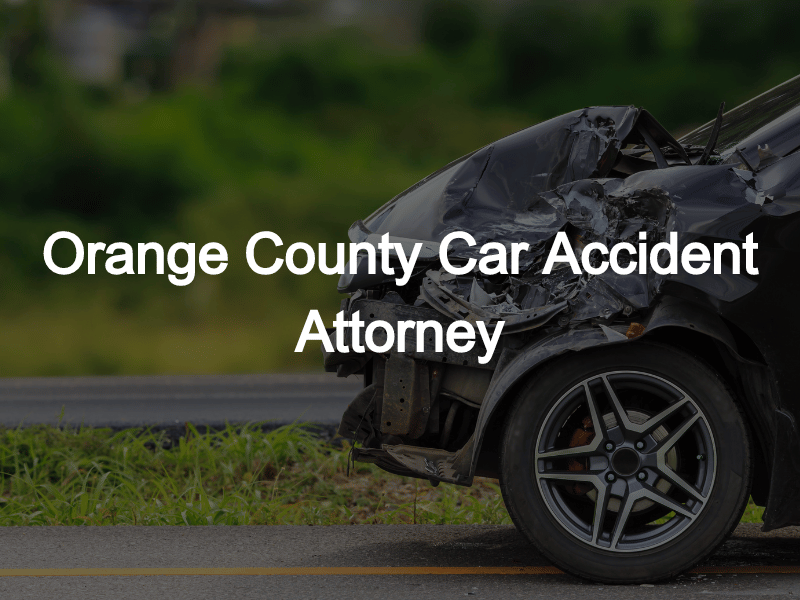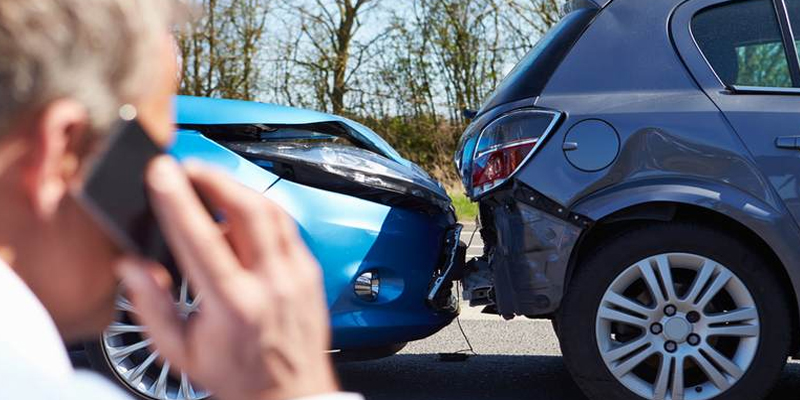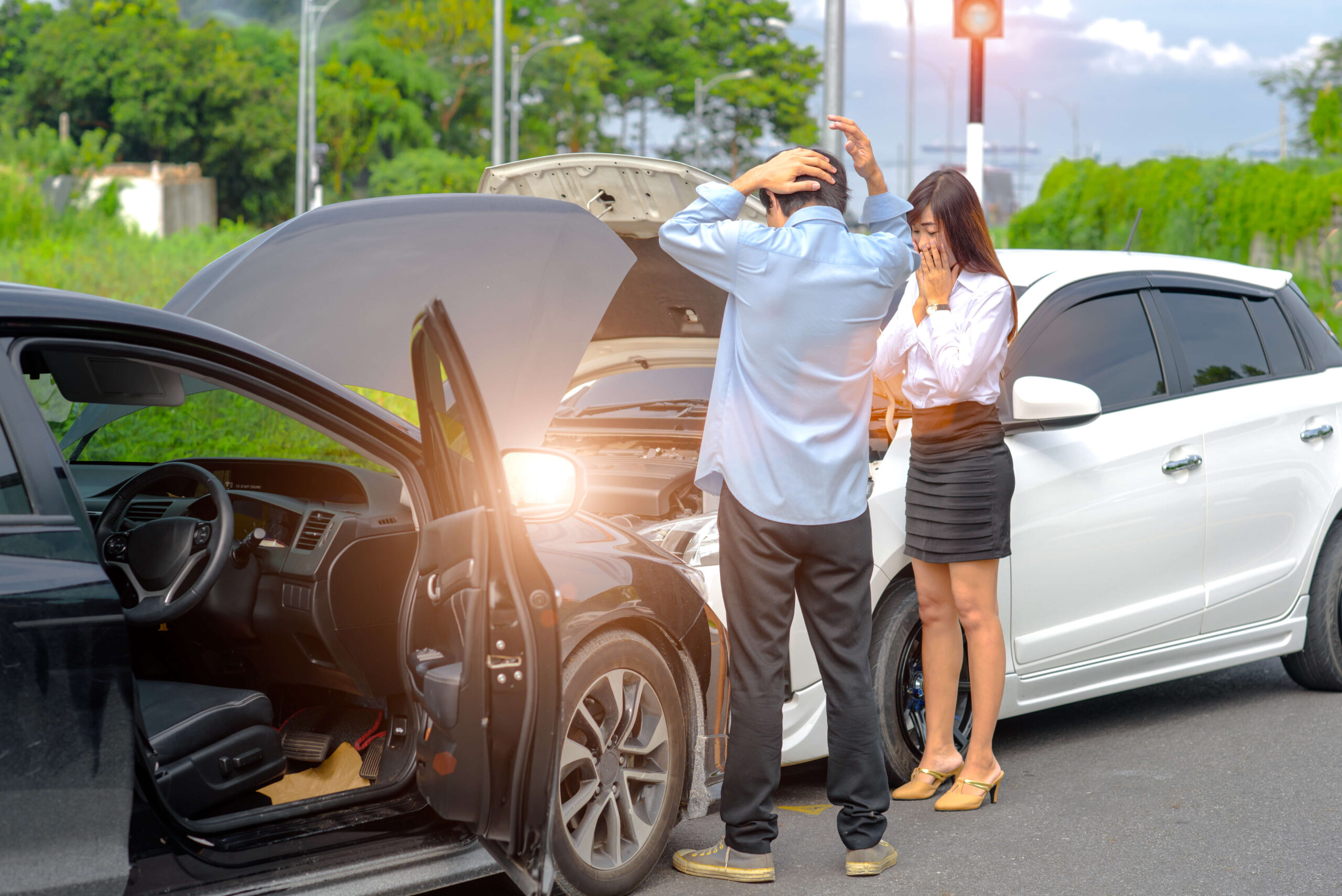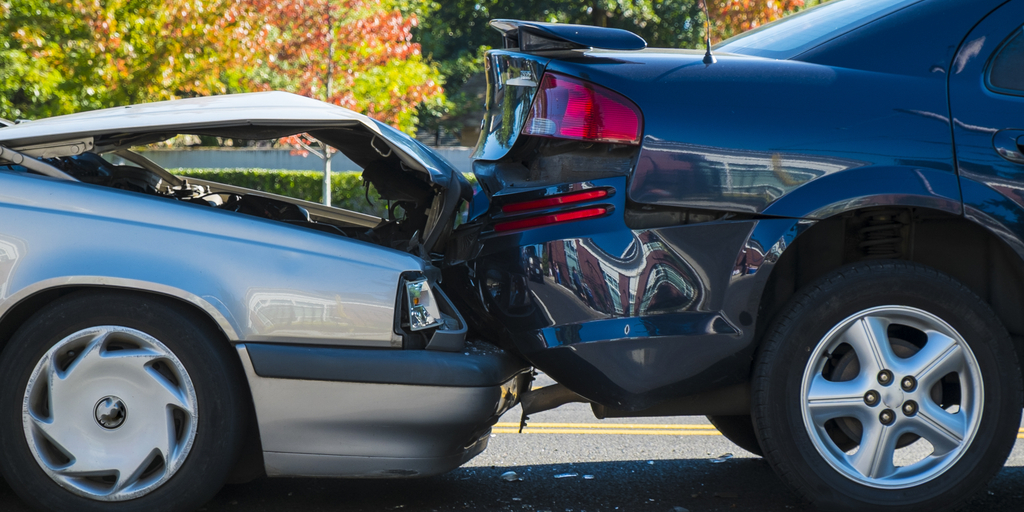How to Claim Car Accident Compensation No Injury
we will explore Car Accident Compensation No Injury when there are no injuries, covering topics such as what to do after an accident
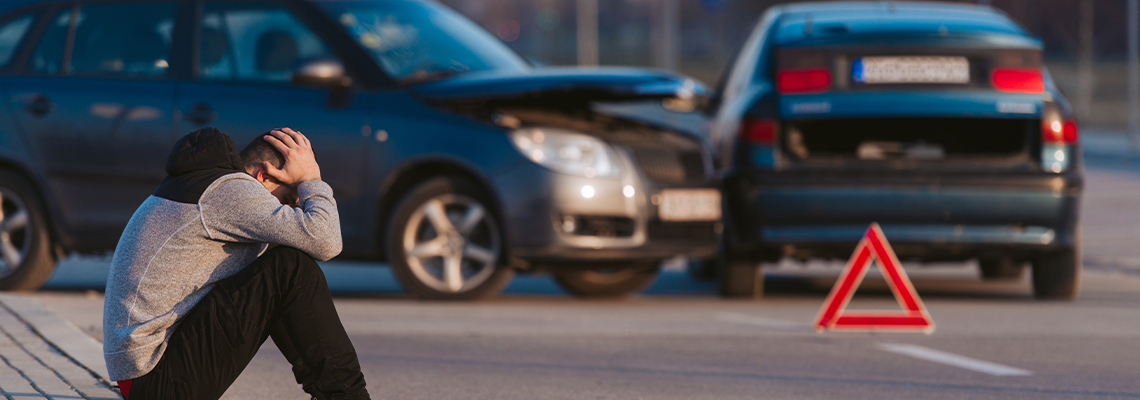
Car accidents are traumatic events that can have far-reaching consequences, even when there are no physical injuries involved. If you've been in a car accident without sustaining injuries, you may still face significant challenges, including damage to your vehicle, emotional distress, and financial burdens. In this comprehensive guide, we will explore Car Accident Compensation No Injury when there are no injuries, covering topics such as what to do after an accident. when to consider legal representation, how to file a claim, common causes of accidents, calculating compensation, dealing with insurance companies, and various types of accident claims.
What Should I Do After a Car Accident?
Even if you haven't suffered physical injuries, it's essential to take specific actions immediately following a car accident:
- Check for Injuries: Ensure that everyone involved in the accident, including passengers, is okay. If there are any injuries, call 911 for medical assistance.
- Safety First: Move your vehicle to a safe location if possible, to avoid further accidents or traffic disruptions.
- Contact Law Enforcement: Report the accident to the police, who will create an official accident report. This report can be valuable when dealing with insurance claims.
- Exchange Information: Exchange contact and insurance information with the other driver(s) involved in the accident. Be sure to collect their name, phone number, insurance company, policy number, and license plate number.
- Gather Evidence: If it's safe to do so, take photos of the accident scene, including vehicle damage, road conditions, and any relevant traffic signs or signals.
- Notify Your Insurance Company: Report the accident to your insurance company as soon as possible. Provide them with all the necessary information and details of the accident.
When Should I Hire a Lawyer After a Car Accident?
While you may not have physical injuries, there are situations where consulting with a car accident lawyer can be beneficial:
- Property Damage Disputes: If there are disagreements regarding who is at fault or disputes with the insurance company regarding the extent of damage or repair costs, a lawyer can help resolve these issues.
- Emotional Distress: Car accidents can lead to emotional distress, such as anxiety, sleep disturbances, or post-traumatic stress disorder (PTSD). If these issues affect your daily life, consulting with a lawyer can help you understand your options.
- Loss of Income: If you've lost wages or income due to the accident, a lawyer can help you pursue compensation for these losses.
- Insurance Complications: Dealing with insurance companies can be challenging, even without injuries. If you encounter difficulties, such as delays, denials, or low settlement offers, a lawyer can assist you in negotiating a fair settlement.
- Special Circumstances: In certain cases, such as accidents involving government vehicles, commercial vehicles, or multiple parties, legal representation can be crucial in navigating complex liability issues.
How Long Should I Wait to File a Claim for Car Accident Compensation Without Injury?
The time frame for filing a claim after a car accident can vary depending on your location and the circumstances of the accident. It's generally recommended to initiate the claims process as soon as possible. However, even if you haven't sustained physical injuries, you should still adhere to the following guidelines:
- Contact the Police: As mentioned earlier, it's essential to report the accident to the police immediately. They will create an official accident report, which can be vital when filing a claim.
- Contact Your Insurance Company: Notify your insurance company promptly after the accident. Most policies require you to report accidents within a specific timeframe.
- Document the Scene: Gather evidence and documentation related to the accident, such as photographs, witness statements, and the police report.
- Keep Records: Maintain detailed records of all expenses associated with the accident, including repair costs, rental car expenses, medical bills (if any), and any other out-of-pocket expenses.
- Consult a Lawyer: If you encounter difficulties with the insurance company or foresee complications in the claims process, consult with a car accident lawyer to assess the best course of action.
What Are The Main Causes of Car Accidents Without Injury?
Car accidents without physical injuries can result from various causes, including:
- Distracted Driving: Using smartphones, adjusting the radio, or eating while driving can lead to accidents, even when there are no injuries.
- Speeding: Excessive speed increases the likelihood of accidents, and they can result in damage to vehicles and emotional distress.
- Reckless Driving: Aggressive driving behaviors, such as tailgating and weaving in and out of traffic, can lead to accidents.
- Failure to Obey Traffic Laws: Running red lights, disregarding stop signs, or failing to yield the right of way can cause accidents.
- Weather Conditions: Adverse weather conditions, such as rain, snow, or fog, can reduce visibility and lead to accidents.
- Road Conditions: Poorly maintained roads, potholes, and debris can contribute to accidents, even without physical injuries.
- Inexperienced Drivers: Inexperienced or young drivers may lack the skills and judgment needed to navigate safely.
- Mechanical Failures: Vehicle defects or mechanical failures, such as brake or tire problems, can lead to accidents without causing physical injuries.
Understanding the causes of accidents is essential for both prevention and assessing liability in the event of a collision.
Common Car Accident Injuries & How to Calculate Compensation
Although you may not have sustained physical injuries it's essential to understand common car accident injuries and how compensation is calculated, as these factors may still apply to your case. Common injuries include:
- Whiplash: A sudden jerking motion of the neck can cause whiplash, resulting in neck pain and stiffness.
- Soft Tissue Injuries: Injuries to muscles, tendons, and ligaments can lead to pain and reduced mobility.
- Emotional Distress: Car accidents can cause psychological trauma, such as anxiety and post-traumatic stress disorder (PTSD).
- Property Damage: Damage to your vehicle or personal property is a tangible loss that may require compensation.
Calculating compensation for non-injury car accidents involves considering factors such as:
- Property Damage: The cost of repairing or replacing your vehicle and any other damaged property.
- Emotional Distress: Compensation for psychological trauma and emotional distress resulting from the accident.
- Lost Income: If the accident caused you to miss work, you may be entitled to compensation for lost wages.
- Out-of-Pocket Expenses: Reimbursement for any other expenses related to the accident, such as towing fees, rental car costs, or medical evaluations.
- Pain and Suffering: Non-economic damages for physical pain and emotional distress.
- Loss of Enjoyment: Compensation for the loss of enjoyment of life due to the accident's impact.
Consulting with a car accident lawyer can help you navigate the compensation process and ensure you receive fair compensation for your losses.
Hire The Best Car Accident Compensation No Injury Lawyer to Deal with The Insurance Companies
Dealing with insurance companies after a car accident, even without injuries, can be challenging. Insurers may prioritize their interests over yours and attempt to minimize payouts. Here's how a skilled car accident compensation lawyer can assist you:
- Legal Expertise: Car accident lawyers understand the intricacies of insurance law and can navigate complex regulations and policies on your behalf.
- Property Damage Claims: They can help you resolve property damage disputes, ensuring that you receive fair compensation for repair or replacement costs.
- Emotional Distress Claims: If you're experiencing emotional distress as a result of the accident, a lawyer can guide you through the claims process and help you seek compensation for these non-physical injuries.
- Lost Income Claims: If you've lost wages or income due to the accident, a lawyer can help you pursue compensation for these financial losses.
- Insurance Negotiation: Lawyers have the negotiation skills necessary to secure a fair settlement from the insurance company, even for non-injury claims.
- Record Keeping: They can help you maintain detailed records of expenses related to the accident, ensuring that nothing is overlooked.
In addition to these benefits, having legal representation can provide peace of mind, knowing that your rights and interests are protected during the claims process.
Types of Accident Claims Without Injury
While you may not have sustained physical injuries, there are various types of accident claims that may apply to your situation:
- Trucking Accident Claims: Accidents involving commercial trucks can result in extensive property damage, and liability may involve multiple parties, including the trucking company.
- Motorcycle Accident Claims: Even without injuries, motorcycle accidents can cause significant damage to your bike, and property damage claims may be necessary.
- Dog Attack Claims: If a car accident leads to a dog attack or if a dog was involved in the accident, you may have a dog attack claim.
- Pedestrian Accident Claims: Accidents involving pedestrians and vehicles can lead to property damage claims if your vehicle strikes a pedestrian.
- Bike Accident Claims: If your car is involved in an accident with a bicycle, property damage claims may apply.
- Lyft and Uber Accident Claims: If you're involved in an accident with a rideshare vehicle, you may need to file a property damage claim.
- Bus Accident Claims: Accidents involving buses can result in property damage claims and particularly if you were in another vehicle involved in the accident.
In summary, car accidents without physical injuries can still have significant consequences. It's crucial to take immediate action after an accident, including reporting the incident, gathering evidence, and notifying your insurance company. Consulting with a car accident lawyer can help you navigate the claims process, address property damage disputes and seek compensation for emotional distress, lost income, and other related expenses. By understanding your legal options, you can ensure that your rights and interests are protected.
What's Your Reaction?








